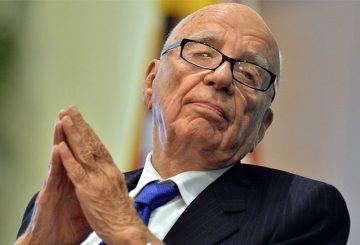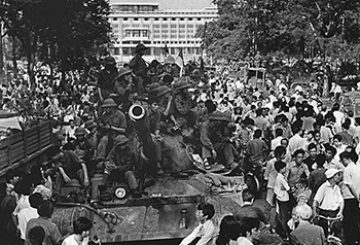If I had been in Madrid last week, I would have doubtless lined up, with tens of thousands of madrileños, to pay my respects to Adolfo Suárez, the first elected prime minister of post-Francoist Spain, who died on March 23 at the age of 81.
An up-and-coming bureaucrat in Franco’s regime, Suárez recognised, upon the dictator’s death, that things would now be able to change. He also recognised that they had to. After being parachuted into the prime ministership by King Juan Carlos in 1976, he quickly announced that elections would be forthcoming: “The point of departure,” he told parliament that year, “is the recognition of pluralism in our society. We cannot allow ourselves the luxury of ignoring it.”
As one of the key architects of Spain’s transition from dictatorship to democracy over the ensuing five years, overseeing a series of far-reaching economic and political reforms, including the adoption of a new constitution, as well as delicate process of conciliation with opposition groups, including the Communist Party, which had long been banned, Suárez’s record warrants the show of respect his death has prompted. (Famously, when Colonel Antonio Tejero led a coup against the government in 1981, Suárez, having only recently resigned from the prime ministership, was one of only three parliamentarians who refused lie on the floor as ordered.)


